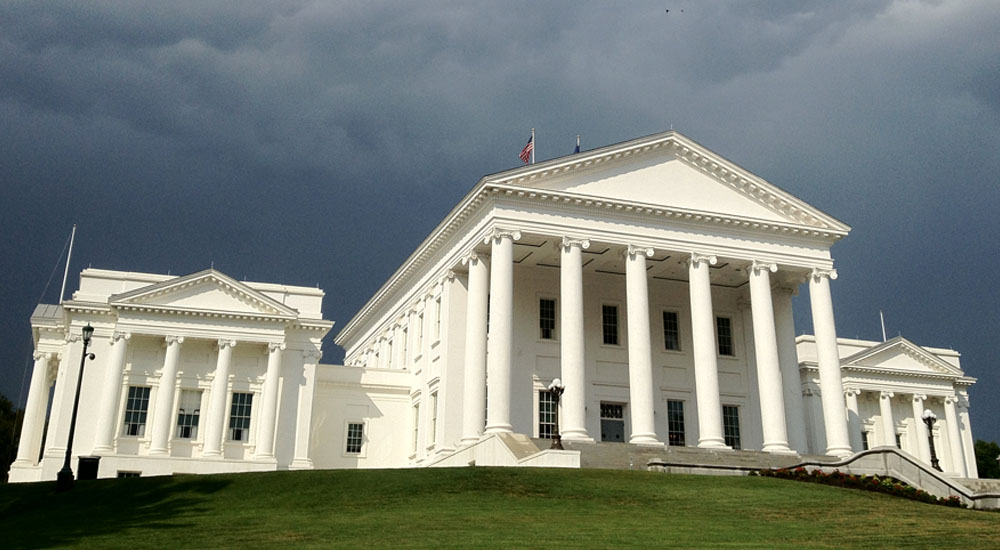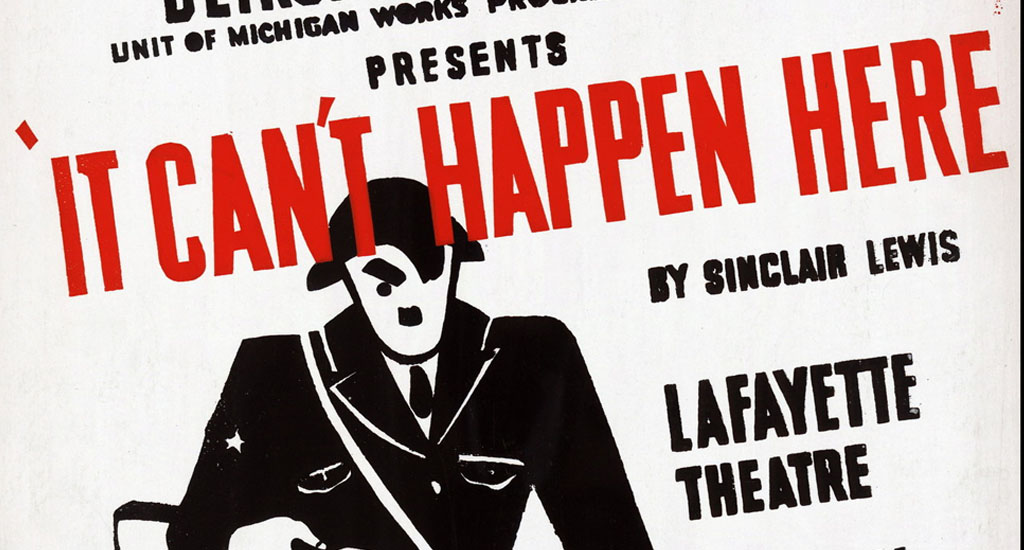Two successive challenges to the upcoming 2018 Virginia General Assembly session have arrived in grand form, not only with a serious need to shore up Virginia’s AAA bond rating, but concerns from Washington that the new U.S. Senate Medicaid plan could blow a $1.2 billion hole in the state budget, according to Governor Terry McAuliffe.
From the Richmond Times-Dispatch:
“It’s probably going to be one of the first tasks we have,” Jones told committee members during a presentation by Secretary Richard D. “Ric” Brown on state revenue collections. “I would temper any enthusiasm about potential revenue that might be available.”
Gov. Terry McAuliffe already has committed to devoting $121.5 million of excess revenues from the last fiscal year to a new cash reserve created by the General Assembly this year, more than twice the amount required under the budget, to help protect the state’s depleted revenue stabilization fund.
Jones’ declaration came three days before representatives of the country’s bond-rating agencies arrive in Richmond for a dinner meeting with the governor and legislative budget leaders at the Executive Mansion on Thursday, followed by a day of private, detailed briefings on Friday.
How or whether that tempers Gillespie’s commitment to tax reform in Virginia remains top be seen, but the moving target of delivering real tax relief and a simplified code could be termed as a means of generating revenue if it takes the boot off the throats of Virginia’s small businesses — reform, yes… but a true tax cut would be the result of increased economic activity, already a core goal of an incoming Republican-led Governor’s Mansion.
Additional news comes from the current occupant of the Governor’s Mansion — Terry McAuliffe — who states that the proposed Senate Medicaid plan could very well blow a $1.2 billion hole in the budget over the course of the next seven years.
Such arguments betray a larger conversation — concerns over Medicaid expansion in general, which have estimated to be a $7 billion per annum cost to Virginia taxpayers should the federal government back out of its commitments to Virginia ratepayers.
Yet there remains hope on that front. Virginians have failed to hear a serious debate on health care reform with a market-oriented solution. Of course, one solution would be a series of health savings accounts (HSAs) linked to high-deductible insurance plans (HDIPs) that would catch those who fall through the cracks or require catastrophic care.
This outline mimics the one drafted by none other than U.S. Senator Rand Paul (R-KY) put forward this year. A similar plan was outlined in a 2006 book entitled “Winning Right” — penned by none other than Republican gubernatorial nominee Ed Gillespie.
The debate over scarce revenue vs. revenue creation will remain an endless one. Yet between McAuliffe’s warnings over Medicaid expansion at any level and Gillespie’s insistence that health care reform be a market-driven solution (ostensibly via block grants from the federal government), the precarious condition of state revenues vs. public demand remains a cautiously navigated tightrope.







